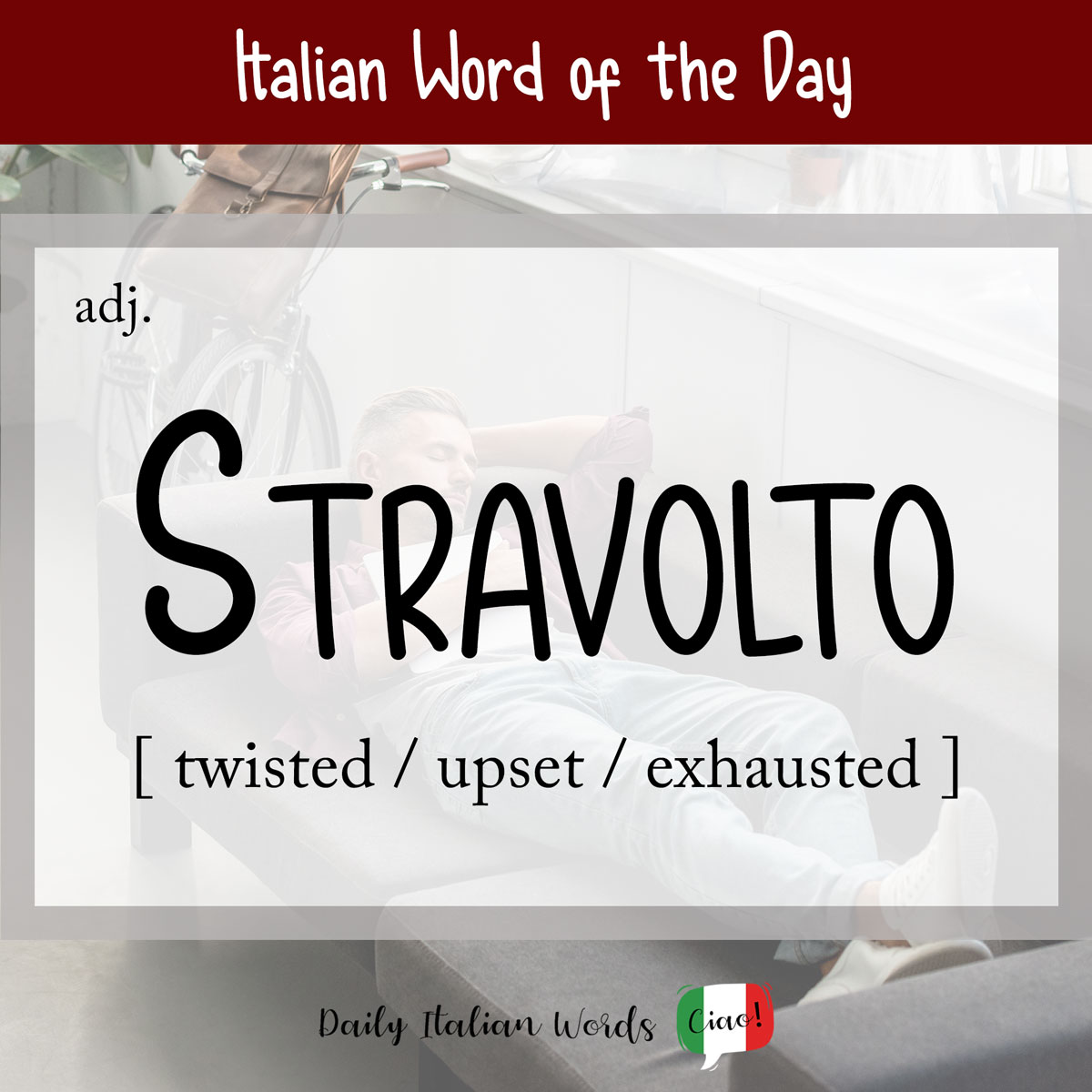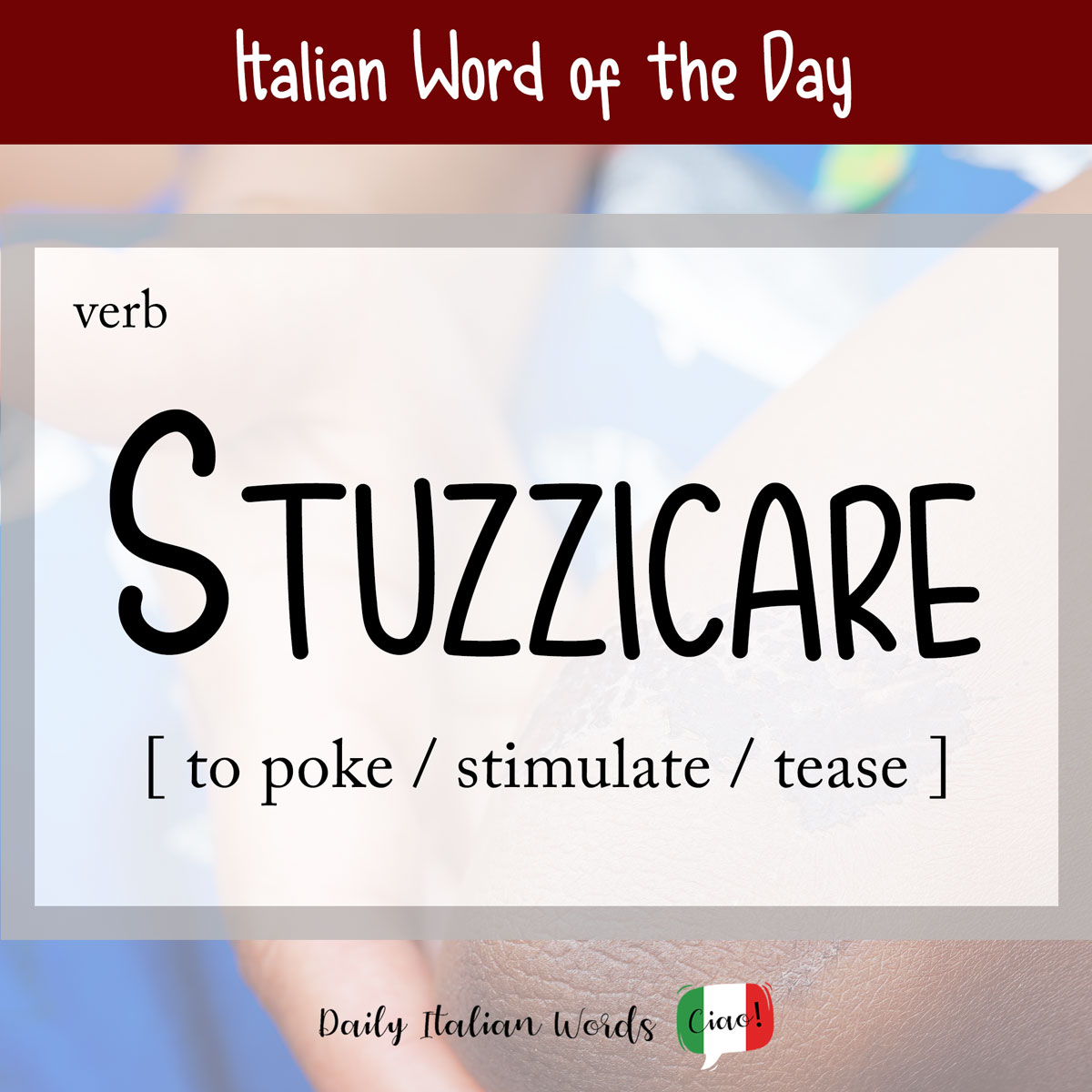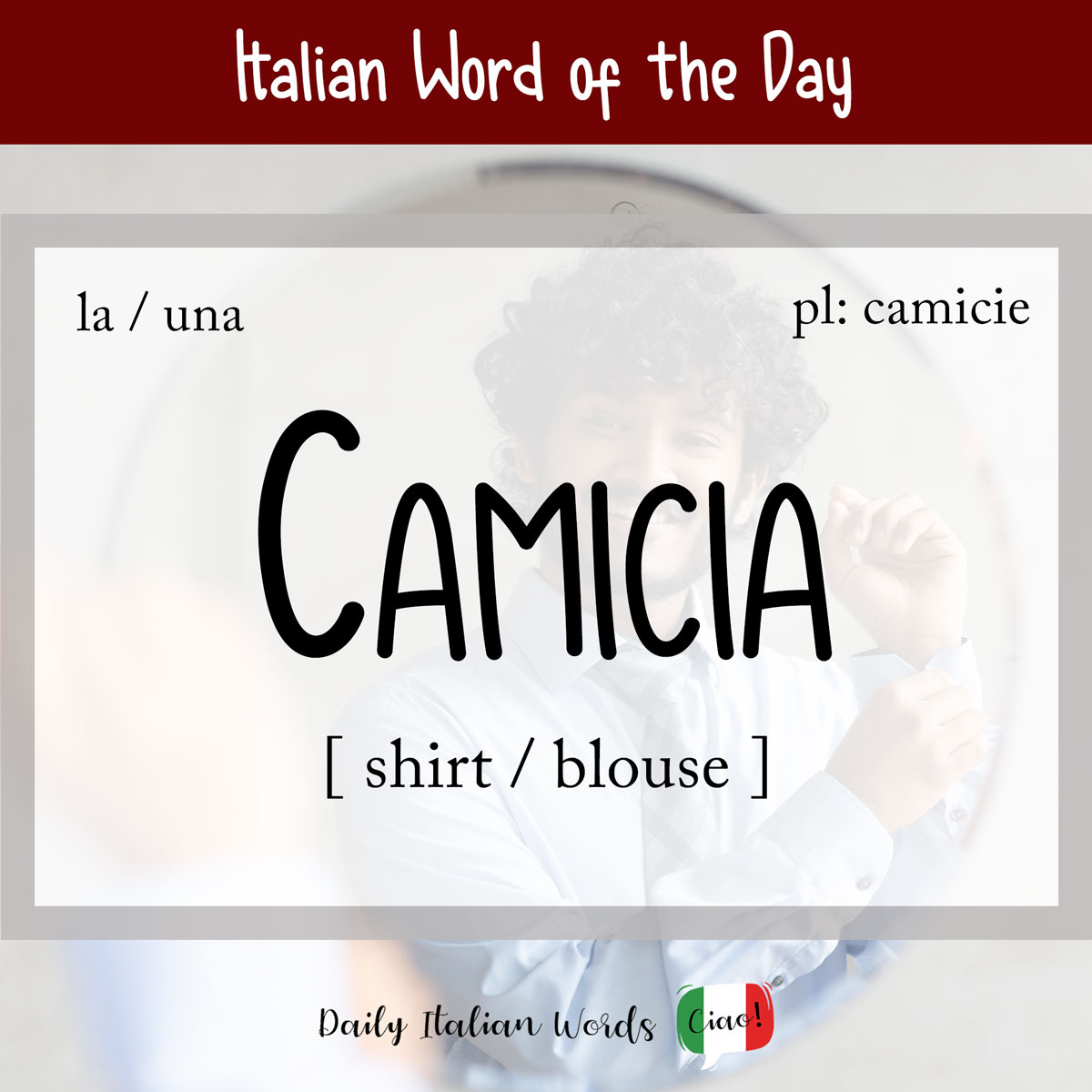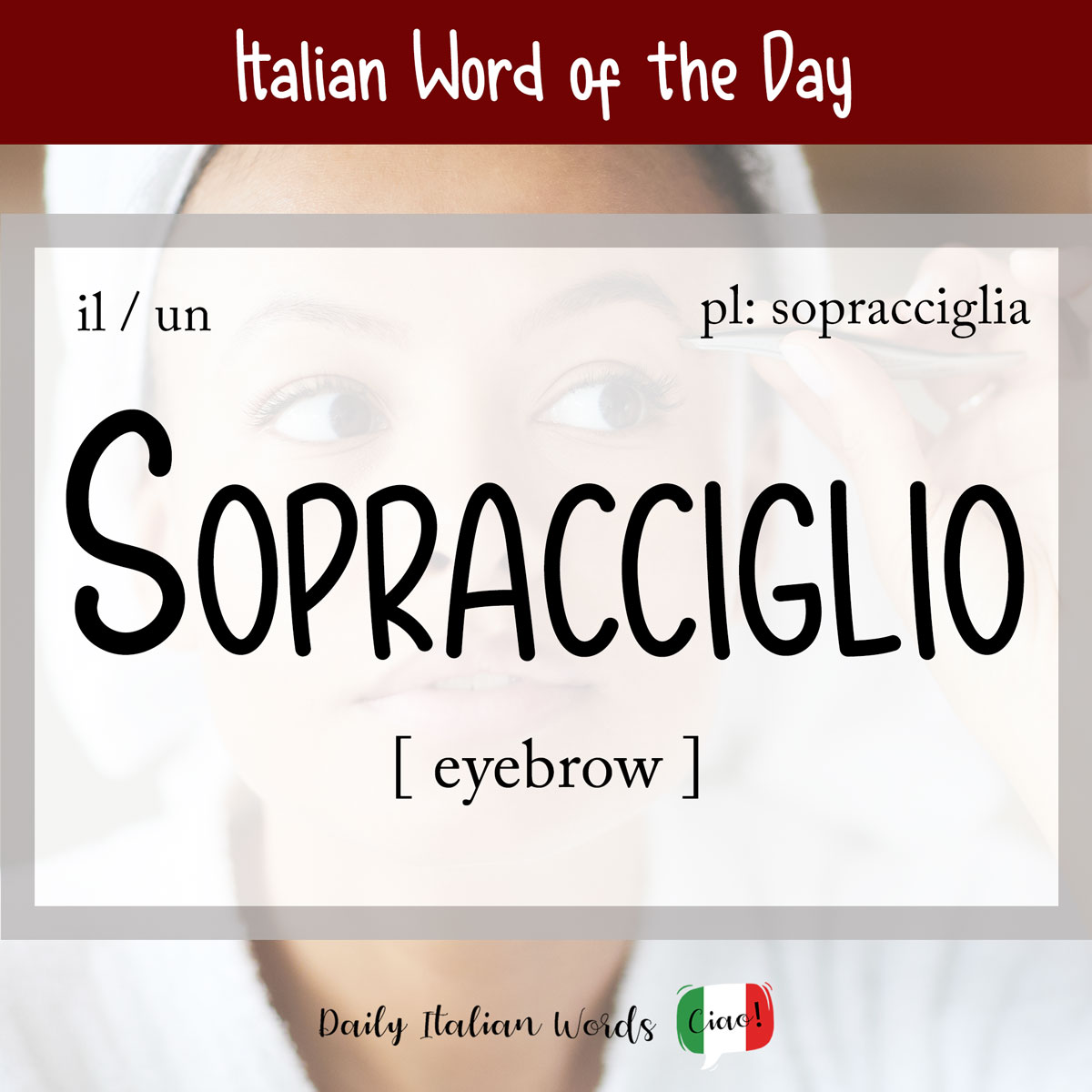How to Say “Happy Independence Day!” in Italian
Across the globe, the concept of independence holds a significant place in the historical narratives of numerous nations. Whether it is the 4th of July in the United States, Bastille Day in France, or La Festa della Repubblica in Italy, these national holidays provide a collective opportunity for citizens to reflect upon their shared history, …






